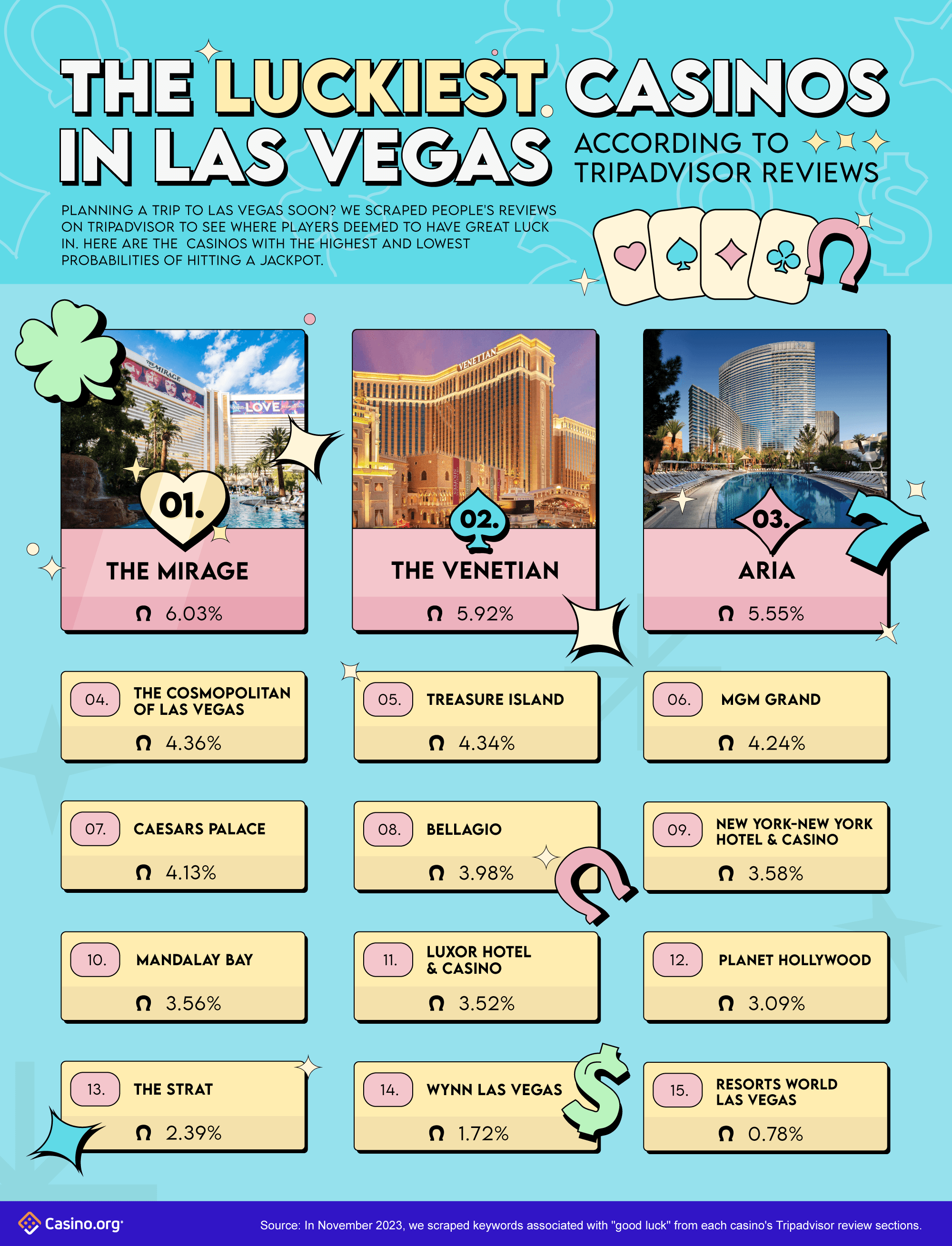The allure of casino-related activities has captivated huge numbers of people around the world for decades. From the spinning wheel of fortune to the sound of mixing playing cards, the excitement of chance and talent intertwines to create an energetic ambience that draws players in. These games are not just hobbies; they have evolved into an essential part of the entertainment industry, growing into a universal trend that covers opulent getaways, colorful internet casinos, and various other options.
As the desire for one-of-a-kind and engaging experiences continues to expand, the narratives behind the success of gambling games reveal a captivating environment. Businesspeople and designers are continuously extending the limits of imagination and originality, leading to the emergence of new games and immersive technologies. Exploring these narratives gives us insight into the effort needed to build a casino game business and the passion that drives those working behind the curtains.
The Evolution of Gambling Games
Gambling games have a robust past that dates back hundreds of years, with their origins often connected with historic rituals and communal events. The earliest types of gambling can be connected back to ancient China, where dice games were enjoyed, and even to the Romans who partook in betting on multiple occurrences. Over time, these primitive forms of entertainment evolved into more organized forms, resulting in the creation of games like baccarat and roulette in the 17th century. These initial casino games laid the foundation for the field we see today.
As society evolved, so did the complexity and diversity of gambling options. The 19th century marked a noteworthy milestone with the establishment of official gambling establishments in locations like Monte Carlo and Las Vegas. This era saw the emergence of famous games such as poker and blackjack, which captured the imaginations of players around the world. The surge of these games was enhanced by advancements in game design and the development of gambling laws that made the industry more structured and appealing to the public.

The digital revolution in the late 20th and early 21st centuries transformed the landscape of gambling options yet again. nổ hũ The emergence of the internet brought about online casinos, enabling players to enjoy their beloved games from the convenience of their homes. This transition not only broadened the scope of casino games but also opened up new types like live dealer games and mobile gaming apps. Today, the casino game landscape continues to evolve, with cutting-edge technologies such as virtual reality and blockchain potentially set to transform the coming years of betting.
Effective Casino Game Development Strategies
The cornerstone of a successful casino game empire lies in the development of entertaining and innovative games that engage players. A winning strategy requires comprehensive market research to understand up-to-date trends and player preferences. By evaluating user feedback and watching successful titles, developers can determine what appeals with players and what features are in demand. Adding unique themes, varied game mechanics, and artistically appealing graphics are essential to stand out in a challenging landscape.
Collaboration is yet another key factor of successful game development. Uniting talented designers, programmers, and mathematicians guarantees that games are simultaneously visually captivating but also fair in terms of gameplay. Encouraging open communication among team members nurtures creativity and results in novel concepts. Moreover, interacting with players during the beta testing phase enables developers to gather insightful insights that can fine-tune gameplay elements before the official launch.
Lastly, impactful marketing strategies cannot be dismissed in establishing a successful casino game empire. Crafting a captivating narrative around the game and utilizing social media platforms to create hype can greatly impact player acquisition. Offering incentives, loyalty rewards, and involving in community events can additionally enhance player retention. By combining strong development practices with smart marketing, game developers can create an immersive experience that keeps players returning for additional.
The Future of Gambling Play
The environment of gambling gaming is evolving rapidly, driven by developments in tech and evolving player preferences. Online and portable play is prepared to dominate the industry as more gamblers seek accessibility and availability. Virtual reality and virtual reality are also integrating into the casino experience, providing engaging settings that elevate traditional gameplay to a different standard. As gamblers crave more participatory and entertaining interactions, casinos will need to change and innovate to keep their audience interested.
Additionally, the integration of artificial tech and information analytics will play a significant role in shaping the prospects of casino gaming. Casinos will use information to analyze gambler actions, tailor experiences, and boost client service. Personalization will become key, as players will expect plays that adapt to their preferences and gaming habits. As the gaming industry utilizes these insights, the development of new game types and elements will probably appear, keeping the gambling experience fresh and thrilling for all.
Moreover, the movement towards safe gaming is becoming increasingly notable. As regulators and players focus more on player welfare, casinos will need to adopt measures that promote responsible gaming practices. This could include features that allow gamblers to set boundaries on their expenses and time spent playing, as well as better resources for those who may be dealing with gaming addiction. By focusing on responsible play, casinos can build trust with their clientele and ensure a sustainable future in the competitive landscape of casino gaming.